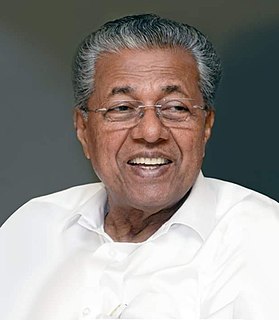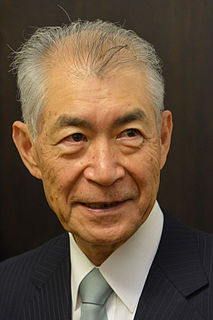A Quote by Pinarayi Vijayan
States with their limited resources will have to shoulder the greater burden of economic crisis that will follow the COVID-19 pandemic. The financial package announced by the Centre is inadequate.
Related Quotes
If the bringing of children into the world is today an economic burden, it is because the social system is inadequate; and not because God’s law is wrong. Therefore the State should remove the causes of that burden. The human must not be limited and controlled to fit the economic, but the economic must be expanded to fit the human.
As the United States continues its slow but steady recovery from the depths of the financial crisis, nobody actually wants a massive austerity package to shock the economy back into recession, and so the odds have always been high that the game of budgetary chicken will stop short of disaster. Looming past the cliff, however, is a deep chasm that poses a much greater challenge -- the retooling of the country's economy, society, and government necessary for the United States to perform effectively in the twenty-first century.

































